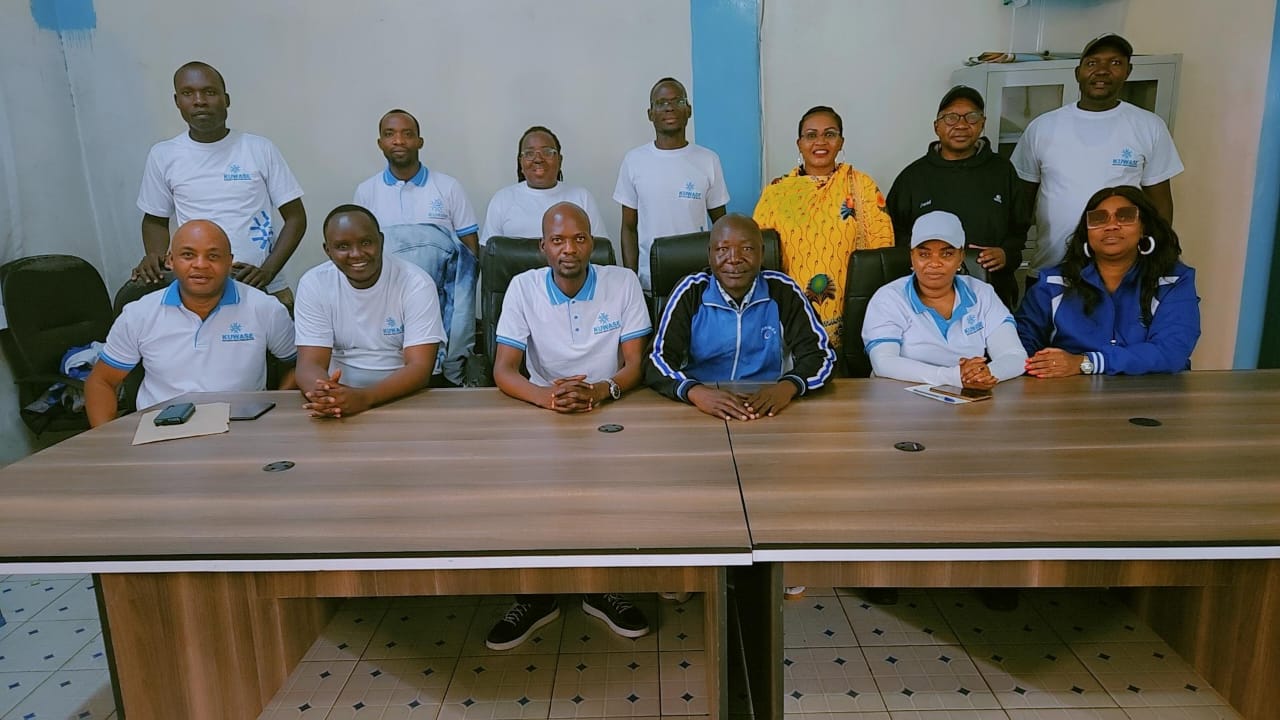Debunking the myths of pay later payment plans

Technology and the dynamism of consumer behaviour continue to drive change and innovation in the payments world. In the early 1990s and 2000s, Kenya was heavily a cash economy with only the elite making use of debit and credit cards to make payments.
However, the narrative has since been changing and there is an increased uptake of mobile money payments, debit cards and credit cards among other payment options. Some vendors have also added alternative payment options such as cryptocurrency like bitcoin, M-pesa bonga points and extended credit facilities from partners such as Lipa Later among others.
In an ideal world, many Kenyans would be making upfront payments for goods and services that they need or desire to either survive, grow their businesses or self-actualise. However, this is not the case and the truth of the matter is that many Kenyans are engaging banks, microfinance institutions and informal credit partners such as friends, family and shylocks to raise funds that go into purchasing assets or services deemed important at the time.

Borrowing from banks and microfinance institutions often require the customer to have a banking history with the lender and collateral as guarantee for repayment. At the same time, borrowing from within an individual’s circle or through shylocks is considered risky as there are no laws or regulations governing such transactions.
These challenges have made buyers seek for alternative payment options that are more customer friendly while vendors and fintech institutions have realised that monthly instalments as a payment plan for those who really want to buy items such as electronics, furniture and home accessories or cars, among others, could just be the saving grace that could upgrade their lives.
For instance, when Tuskys was still vibrant in the retail sector, they had begun allowing customers to make instalment payments for electronics and furniture within their outlets. Now we see brands such as Safaricom and Copia among others allowing customers to actually purchase products, go home with them, and make instalment payments until the total cost of the item is offset.
Lipa Later, a Pan-African financial service provider that offers payment plans for consumers looking to buy products or services in monthly instalments, or retailers looking to sell the same, has found a way to bridge the gap between the consumers and the seller by offering value to both parties.

For a consumer looking to upgrade their life or business, Lipa Later has partnered with over 500 retail stores that deal with a variety of products or services that customers typically buy through financing partners. For the customer, Lipa Later has consolidated a number of vendors that accept Lipa Later financing within their stores making it easy for them to identify where they can actually make their purchases.
This move has seen all three parties benefit from this arrangement. Consumers can get products or services that they actually want without having to cough out lump sum payment without a deposit, the vendors have registered increased footfall and sales at no risk to them, and Lipa Later continues to position itself as top in class within the payments world.
However, many Kenyans still do not understand how extended credit through payment plans work and this is often confused with hire purchase. Using Lipa Later as a case, we can break this down for you. Consumers identify what they want to buy, they digitally create an account on lipalater.com, get an instant approval and receive a credit limit that they use to purchase their product of choice within their limit. The customer then receives their item and can now begin monthly making instalment repayments after 30 days conveniently using mobile money or via bank transfer.
Many consumers also think that extended credit through pay later plans are expensive and overbearing, but the reality is that spreading out payments is manageable, affordable, convenient and allows you to manage your cash flows better. Additionally, if you are looking to relocate within Africa, Lipa Later has a footprint in Uganda, Rwanda and soon, Nigeria.
Even as payments platforms and credit financiers continue to find new and innovative ways to facilitate payments, it is evident that options that are considered affordable, flexible and customer friendly will continue to thrive and make an impact in society.
Now, customers have more options than before and are spoilt for choice on whom to approach for financing. Financiers need to find new ways of attracting consumers by giving them value that can be substantiated and felt without necessarily straining their customers. However, it is very exciting to see a local brand like Lipa Later scaling heights to become a household name in Africa’s payment world.








